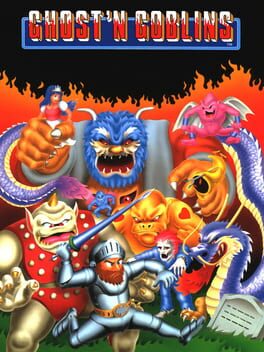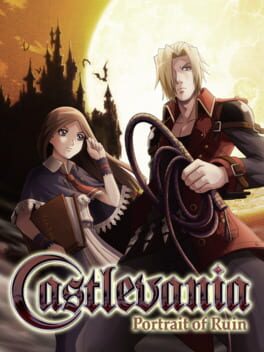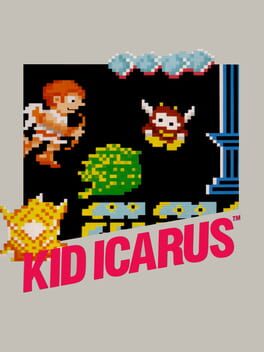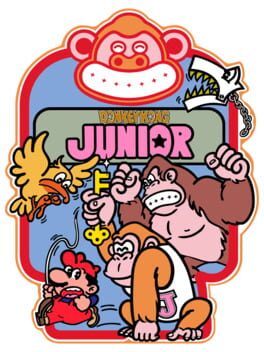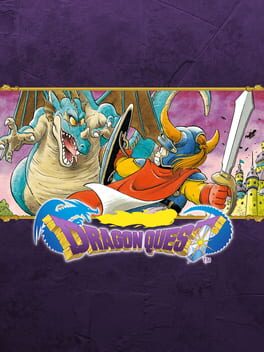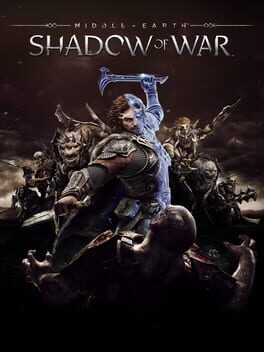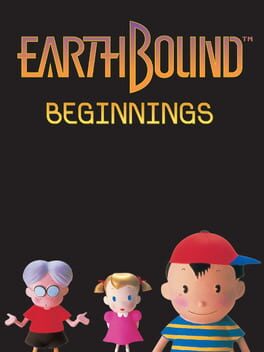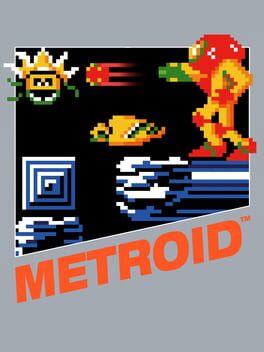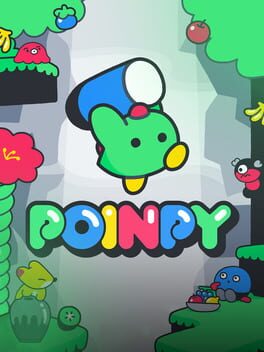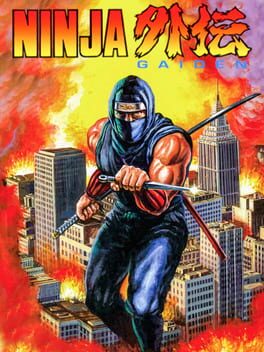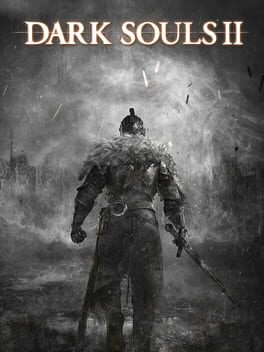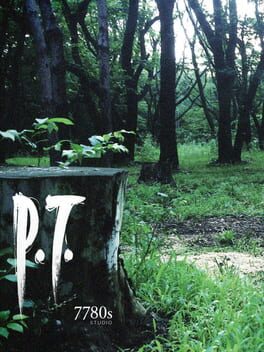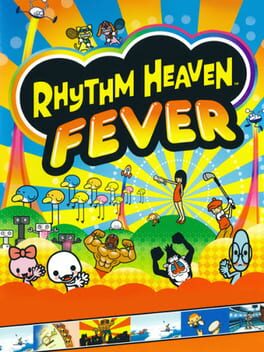baldur
1985
damn, i was wrong about this one. actually way more manageable than i remembered it being. only dips into full-on unfairness a couple of times and even then it's stuff you can completely account for and strategize around. still quite a bit more haphazardly designed than the rest of the series (and that shield requirement at the end remains total bullshit), but the bone crushing difficulty has the effect of making you feel like a fucking deity when you overcome it, in a way that no other game truly managed to harness until resurrection last year. mostly i am just struck by how well this game plays and how much it does right on its first attempt. this game came out before super mario bros! how crazy is that?
not bad, but the basic igavania formula is feeling well and truly tired by this point in the series. the egregiously boring, superfluous story that the game wastes way too much time on certainly doesn't help either. castlevania narratives can be a lot of things, but never ever should they be tepid and forgettable (same reason why the netflix show sucks ass). partner system does a decent enough job at differentiating the game from the rest of the series, i guess - it adds some strategy to positioning during boss encounters, but it also doubles the inventory management which is really pushing things. also thought that the world design was pretty bland and restrictive from what i played. banging main theme though.
1986
really solid actually! jump physics feel super tight and enjoyable, level design is generally tough but fair, but most interesting and important to me is the way that the game plays with conventions in a surprisingly forward-thinking way. going from upwards to lateral travel in world 2 was a surprising, exciting change of pace, and the total genre switch during the final boss was awesome and a super memorable way to close out the game, just delightful to see stuff like this in an older title. other details, like freeing little angel guys in the dungeons only for them to help out in your battle against the boss, just bustle with imagination and whimsy. curious about a world in which this got a ton of iterative sequels like its 1986 siblings metroid and zelda. it's lacking a bit of the wow factor and cohesiveness of those games, but is still a remarkably fun time nonetheless.
1982
2004
interesting to play such a primitive jrpg, but it doesn't really result in gameplay that's all too deep or interesting from what i can tell. fair warning, this will be a bit of a rambly review.
i've heard the small inventory space praised as a novel feature but frankly to me it was more cumbersome than anything - "inventory management" only became a priority in the late game when i had so many key items that there was no space left in my inventory, and even then it was just a matter of guessing which ones i was least likely to need and putting them away in storage.
combat here is obviously incredibly basic and for my money the encounter rate is far, far too high for what a boring waste of time it is to sit through. and this maybe goes without saying, but the randomized damage that you and your enemies deal largely eliminates any sort of strategy or skillful play when it comes to the encounters. mostly it becomes about levelling appropriately beforehand, and i guess knowing when to start fleeing if the battle starts going badly (though even that is randomized). but at least the sfc/gbc version is a considerably brisker experience than the absolutely tortuous grindfest that is the nes/fds version.
exploration is initially fairly fun. the progression order is mostly linear but there is a lot of freedom offered in how you go about your journey, and that's rarely a bad thing. inching your way across the world and testing which foes you're strong enough to survive against reliably enough to explore in the vicinity of is a pretty good time. grinding even becomes kind of fun because it's relegated to an option at your disposal instead of a necessity (like it was in the original nes/fds version). the way MP is handled here is one of the few examples in this game of a limitation that actually leads to deeper and more engaging gameplay than if it were more streamlined; the lack of MP recovery items means that you have to manage the resource very carefully in the early game since the spells play such a big part in your damage and healing output. health recovery items are included, though, which makes for an interesting choice on whether you want to spend MP in exchange for a "free" heal (since you can always fully recover it back at the castle), or your much-coveted gold for a backup healing resource.
however, the fun starts to dissipate as you level up and explore more of the world. it's not long into the game before you'll have enough gold to max out on healing items for a miniscule percentage of your money. MP also gradually becomes less useful the more of it you have and the higher damage you do with your basic weapons, and since you're always traveling from town to town you're never too far away from an inn where you can fully recover your health and MP (much like with healing items, the prices are so low in the mid to late game that it becomes trivial to just sleep every time you come across an inn). exploration goes from exciting to a terrible drag as trekking your way across such a large area, constantly interrupted by 2 second combat encounters, becomes an almost herculean task in the late game. the only form of fast travel you're offered is an instant teleport item which sends you back to the castle in the middle of the map. it's useful, but since it only goes one way it's not nearly enough to eliminate the absolute slog that is late game traversal. a relatively easy way to fix this issue would've been offering the ability to travel between towns via the teleport spell that you unlock late into the game. as it stands, the breeziest way to travel is to use a spell (or an item) that stops most lower level monsters from entering into combat with you, which, again, is useful but doesn't eliminate the issue (and also honestly shouldn't have been a spell or an item in the first place, this should kind of just be on by default past a certain point).
i do want to end this review on a positive note though and say that in spite of its issues, the game is very charming. it's sincere but also doesn't take itself too seriously, and well presented across the board, with cute sprite work and cool designs. it's not hard to see why it was so influential, because it really does impart on you the sense that you're on a grand adventure.
i've heard the small inventory space praised as a novel feature but frankly to me it was more cumbersome than anything - "inventory management" only became a priority in the late game when i had so many key items that there was no space left in my inventory, and even then it was just a matter of guessing which ones i was least likely to need and putting them away in storage.
combat here is obviously incredibly basic and for my money the encounter rate is far, far too high for what a boring waste of time it is to sit through. and this maybe goes without saying, but the randomized damage that you and your enemies deal largely eliminates any sort of strategy or skillful play when it comes to the encounters. mostly it becomes about levelling appropriately beforehand, and i guess knowing when to start fleeing if the battle starts going badly (though even that is randomized). but at least the sfc/gbc version is a considerably brisker experience than the absolutely tortuous grindfest that is the nes/fds version.
exploration is initially fairly fun. the progression order is mostly linear but there is a lot of freedom offered in how you go about your journey, and that's rarely a bad thing. inching your way across the world and testing which foes you're strong enough to survive against reliably enough to explore in the vicinity of is a pretty good time. grinding even becomes kind of fun because it's relegated to an option at your disposal instead of a necessity (like it was in the original nes/fds version). the way MP is handled here is one of the few examples in this game of a limitation that actually leads to deeper and more engaging gameplay than if it were more streamlined; the lack of MP recovery items means that you have to manage the resource very carefully in the early game since the spells play such a big part in your damage and healing output. health recovery items are included, though, which makes for an interesting choice on whether you want to spend MP in exchange for a "free" heal (since you can always fully recover it back at the castle), or your much-coveted gold for a backup healing resource.
however, the fun starts to dissipate as you level up and explore more of the world. it's not long into the game before you'll have enough gold to max out on healing items for a miniscule percentage of your money. MP also gradually becomes less useful the more of it you have and the higher damage you do with your basic weapons, and since you're always traveling from town to town you're never too far away from an inn where you can fully recover your health and MP (much like with healing items, the prices are so low in the mid to late game that it becomes trivial to just sleep every time you come across an inn). exploration goes from exciting to a terrible drag as trekking your way across such a large area, constantly interrupted by 2 second combat encounters, becomes an almost herculean task in the late game. the only form of fast travel you're offered is an instant teleport item which sends you back to the castle in the middle of the map. it's useful, but since it only goes one way it's not nearly enough to eliminate the absolute slog that is late game traversal. a relatively easy way to fix this issue would've been offering the ability to travel between towns via the teleport spell that you unlock late into the game. as it stands, the breeziest way to travel is to use a spell (or an item) that stops most lower level monsters from entering into combat with you, which, again, is useful but doesn't eliminate the issue (and also honestly shouldn't have been a spell or an item in the first place, this should kind of just be on by default past a certain point).
i do want to end this review on a positive note though and say that in spite of its issues, the game is very charming. it's sincere but also doesn't take itself too seriously, and well presented across the board, with cute sprite work and cool designs. it's not hard to see why it was so influential, because it really does impart on you the sense that you're on a grand adventure.
2019
2017
it is quite a rare thing in this industry nowadays for a game to be genuinely innovative, something that cannot be neatly placed in any one category or easily compared to other works. you could say that rain world takes cues from survival games and metroidvanias, but the crucial bit is that it doesn't let itself get constricted by any genre conventions. it borrows what works and leaves behind what doesn't. how easy would it have been to emphasize the combat a bit more, expand the offensive capabilities, add some bosses here and there? how easy would it have been to make the levels a little bit more neatly structured and paced, to gate exploration and progression behind a lock and key structure? how easy would it have been to make the enemies a tad more predictable, more exploitable, more "fair"? in all likelihood these were enticing temptations; they're tried and true methods of game design that would've served to make the game more marketable, more familiar, more accessible - and worse. instead, rain world has the courage to coalesce into something original. something new. something that's not afraid to question even the most entrenched pieces of game design wisdom, like the notion that games should always strive to be fair, or even fun. it's the sort of game that this industry desperately needs more of. in a just world, this will be looked at in about a decade or so as an influential classic that spawned many imitators and successors. there's no guarantee that'll happen though, because, as rain world itself takes care to remind you, the world doesn't operate on just principles. sometimes, all one can do is hope for the best.
1986
the first thing one might notice upon picking up metroid is that it feels pretty cruddy to play. the slippery jump mechanics and limited attack options are ill-suited to the challenges that you'll face. the level design is largely repetitive and boring: most of the rooms are tortuously stretched out horizontal or vertical corridors that are copy-pasted ad-nauseam throughout. the encounter design does not fare much better; a number of enemies and bosses are relentless and seem to just expect you to tank through hits, while other enemies test only your patience thanks to the aforementioned limited moveset. that being said, in spite of being filled with - let's face it - bad game design, metroid is not a bad game. what saves it are its larger design aspirations; its pioneering of unguided, player-driven exploration and its commitment to weaving together the combat with the traversal of the game world. metroid's influence on the gaming landscape cannot be understated - which isn't to say it's good just because it's influential. the soundtrack helps build an atmosphere that is pretty unmatched by anything else on the nes - the disquieting bleeps and bloops of the item rooms, the triumphant and iconic brinstar theme, the suspense and eeriness of kraid and ridley's lairs respectively. and though the individual rooms of the world are not especially interesting, it's still a joy to map it out on paper, situating each notable landmark in a larger context, making sense of it all bit by bit. there's still plenty to enjoy about metroid; that said, the moment to moment gameplay just isn't engaging enough to warrant calling this a masterpiece in the same way that, say, the original tloz is - even if the experience in its totality does leave a considerable impression.
2022
1988
2014
sincerest apologies to the revisionists but this feels like shit to play, with floaty and awkward kinaesthetics, inconsistent roll dodging, bad enemy placement, amateurish level design and a world that makes no sense (don't tell me that's the point). this has some atmosphere, i'll give it that, but totally lacks the thematic cohesion of fromsoft's other games - especially the first dark souls - and leaves you directionless for much of it. i understand that this had a fraught development cycle, which i obviously sympathize with, but i can't pretend it resulted in anything other than a mess. impressive how much entertainment you can squeeze out of even a mediocre souls title though
2014
love this one, and i wish i still had a viable avenue to replay it. what starts out as seeming like a fairly innocuous babby's first psychological horror quickly evolves into something utterly deranged, oblique and unique; i still remember when this first came out, playing this home alone - save for my friend who was also with me - lights turned off in a juvenile attempt at proving our bravery to each other, frantically wading through the frenzied online discussion and vague, contradictory instructions on how to progress. in a cultural era obsessed with haunted game cartridges and creepypastas, this thing frightened and thrilled me like nothing else. to this day i dont think any game captured that zeitgeist as effectively and elegantly as this did, and 8 years later i still find the horror impressive. in hindsight, i think this was a pretty formative game for me. it's a shame that it was denied the opportunity to blossom into something greater.
2011
